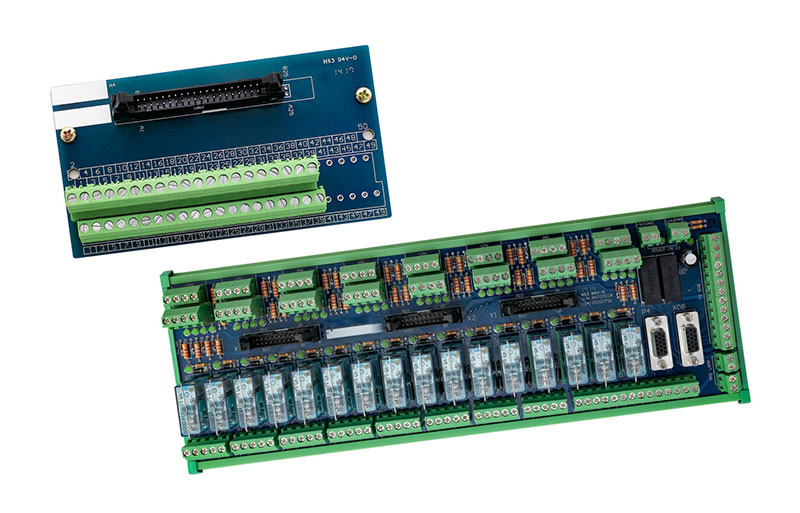Milling-Turning Compound Machining Center Introduction
Advanced Manufacturing Equipment for Complex Parts: Diversified Types of Mill-Turn Machining Centers
As the demand for more complex and precise parts increases, so does the need for advanced manufacturing equipment. That's where mill-turn machining centers come in. These machines combine the functionalities of milling and turning, allowing for complex machining operations in a single setup. They are becoming increasingly popular in industries such as aerospace, medical, and automotive, where parts require high precision and strict tolerances. By machining parts in a single setup, it reduces cycle time, improves overall efficiency, and proves to be a cost-effective solution for manufacturers.
Diverse Types of Mill-Turn Machining Centers
Mill-turn machining centers come in various types, including vertical and horizontal configurations, as well as machines with multiple spindles and turrets. Some machines also offer additional features such as tool changers and automated part loading and unloading systems. A key advantage of mill-turn machining centers is their ability to produce parts with complex shapes and features. The combination of milling and turning operations allows for the machining of intricate contours and features with tight tolerances, eliminating the need for multiple machines and setups.
Technological Structure and Advantages: Enhancing Production Efficiency
The technological structure of mill-turn machining centers mainly consists of machine bed, spindle, worktable, tool magazine, and CNC system components. The machine bed provides structural support and a motion platform, while the spindle drives the milling cutters for cutting operations. The worktable is used for securing and positioning the workpiece, and the tool magazine stores different types of tools. The CNC system controls the machine's motion and processing parameters through programming, enabling high precision and automated machining.
Diverse Applications in the Manufacturing Industry
Mill-turn machining centers are widely used in various manufacturing industries. In the aerospace sector, they are utilized for manufacturing complex aerospace parts such as engine components and structural elements. In the medical industry, mill-turn machining centers are employed to produce high-precision medical instruments and implants. The automotive industry also extensively utilizes these machines for manufacturing various automotive parts. Additionally, mill-turn machining centers find widespread applications in mold making, shipbuilding, and the energy industry.
Conclusion
As manufacturing technology continues to advance, mill-turn machining centers will continue to evolve. Future machines will be more intelligent, featuring higher levels of automation and advanced data control capabilities. Moreover, innovative solutions will emerge to meet the ever-changing manufacturing demands.
Mill-turn machining centers play a crucial role as advanced manufacturing equipment in the modern manufacturing industry. They offer efficient, precise, and flexible machining solutions to meet the requirements of complex parts. By combining milling and turning operations in a single setup, mill-turn machining centers significantly enhance production efficiency while reducing costs and risks. With the ongoing technological advancements, they will continue to play a vital role in driving the development and progress of the manufacturing industry.




